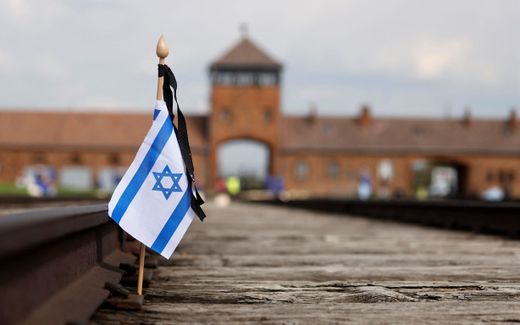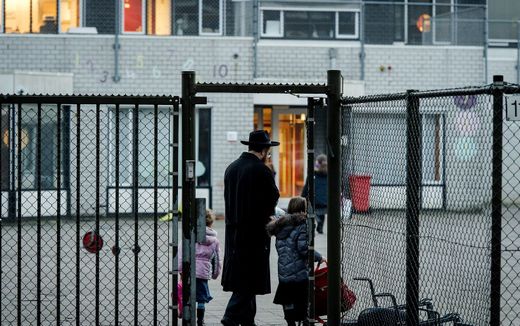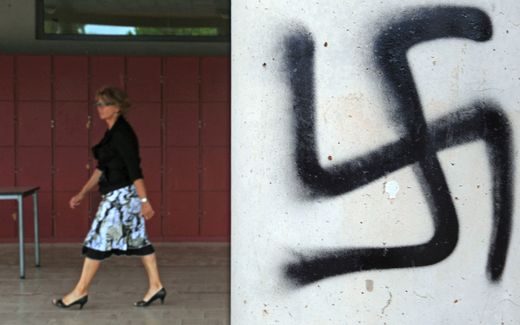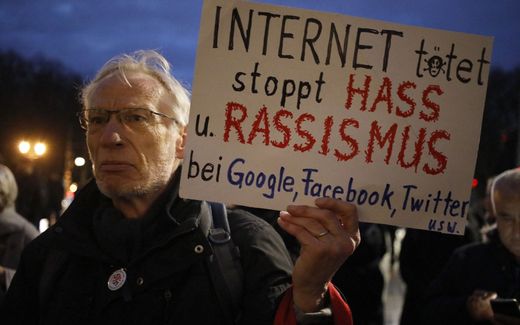“Recent Holocaust survey could have been done better”
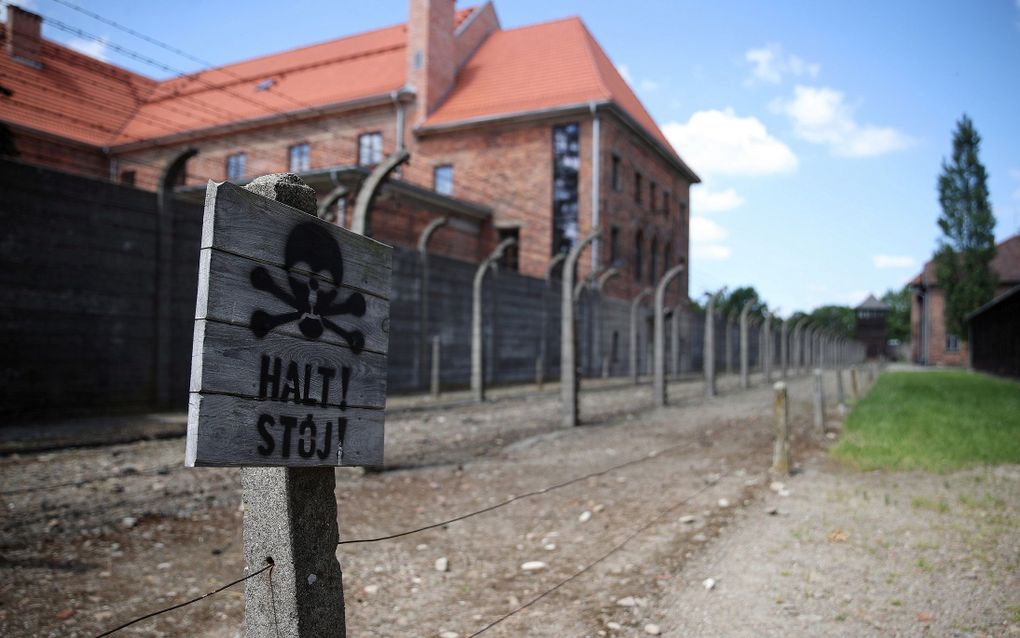
The former German nazi concentration and extermination camp Auschwitz and Birkenau in Oswiecim, south Poland. Photo EPA, Lukasz Gagulski
Western Europe
The recent study that concluded that a quarter of Dutch young adults do not believe in the Holocaust is unscientific. The controversial research led to much upheaval, but some argue that the results are heavily exaggerated.
On Wednesday, a report was presented with statistics on the views on the Holocaust in several countries and the knowledge of the historical event.
The percentage that one in four young Dutch do not believe that the Holocaust took place is much too high, is the argument. “I am annoyed by the suggestion that one would be a Holocaust denier when you do not know the exact historical numbers. Yet, that is what happens here”, says Casper Albers to the Dutch daily de Volkskrant. He is a professor in Statistics at the University of Groningen. Albers stresses that an important topic such as the Holocaust deserves proper research. “And this report rattles on all sides.”
Selected
One of the points of criticism is that Claims Conference, the organisation that carried out the research, asked a marketing company to survey 2000 Dutch over the phone. These people were not selected beforehand but randomly selected based on their phone numbers.
Furthermore, all people up to the age of 40 were classified as young adults. And one in three people that picked up their phone was a student. Thus, this one group is overrepresented.
The conclusion that 23 per cent of people aged under 40 denies the Holocaust is also unscientific, the Volkskrant writes. Only 6 per cent sees the Holocaust as a myth. Another 17 per cent agreed with the statement that the number of victims is highly exaggerated without saying that the Holocaust never occurred.
General idea
Thus, adding the two percentages to make 23 per cent is wrong, says Albers. “Not knowing how many Jews died is something different than calling the Holocaust a myth.” In addition, he points out that many people overestimated the number of victims. About 11 per cent of the respondents believed that 20 million Jews perished. “Most of the participants have a general image of the Holocaust: It is something with Nazis, and the war and many Jews died.”
The statement that Holland has most Holocaust deniers of the countries that were studied does hold either, according to the Volkskrant. Researchers ignored the chance margins. If these had been counted, the differences between the countries disappears.
Lastly, the research does not say anything about education on the topic of the Holocaust, Albers says. “Pupils are usually not older than 18, and this research focused on people older than 18 only.”
Related Articles


